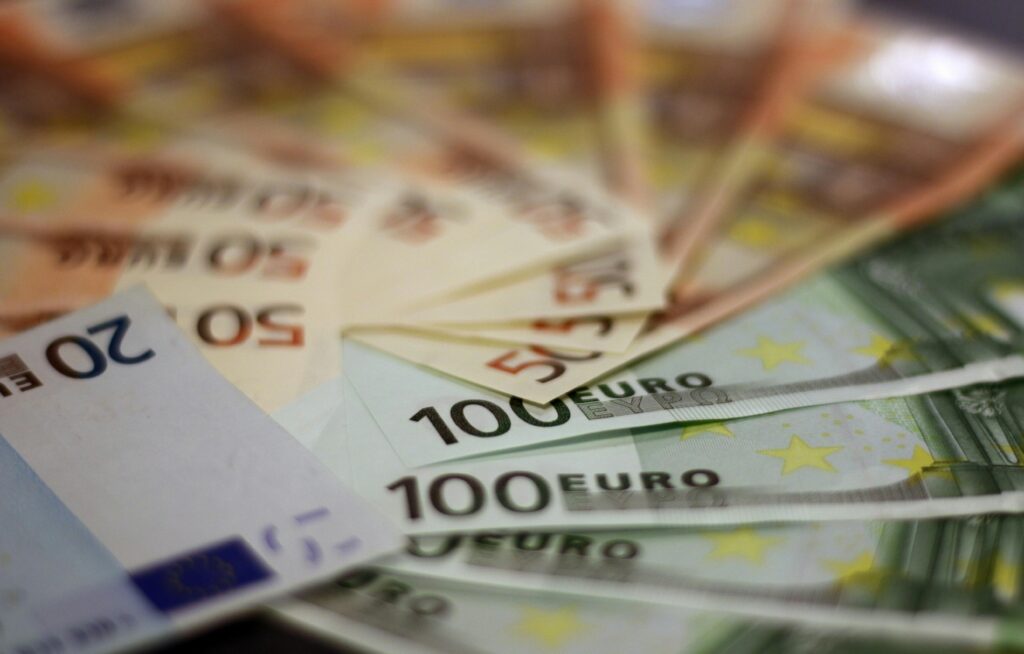When classical liberalism was first spreading throughout the western world, the idea of laissez-faire, meaning transactions having no government intervention at all, was prominent in Britain. However in the United States, liberals had developed different ideals. According to the American understanding of liberalism, the government would still provide some restrictions. It would be involved in certain economic affairs like setting tariffs and issuing railroad subsidies for independent companies. This understanding was especially promoted under the Reagan administration. It was frequently used as a tool for rhetoric against the progressive faction of American politics, who favoured economic reform. As the neoliberal New Right movement of the Reagan administration spread to other NATO countries, this idea of liberal economics was brought with it. Most modern circles adhering to fiscal conservatism descend from this understanding of economics.
In February 2018, certain member states of the European Union published a statement that declared the countries would work together regarding the Economic and Monetary Union of the European Union, the set of policies aimed at unifying the economics of all EU member states. These states were Denmark, Estonia, Ireland, Latvia, Lithuania, the Netherlands, and Sweden. This group of countries came to be called the ‘New Hanseatic League’. As the United Kingdom had recently voted to leave the EU, these like-minded countries had grouped together to make up for the loss. All of these countries, and also Germany, were seen by their European counterparts as fiscally conservative. The countries involved in the league had aimed for a more developed European single market, and the establishment of a full European Monetary Fund that would balance trade among European nations, redistributing the wealth from countries with trade surpluses to countries with trade deficits.
The ‘Frugal Four’ was a nickname given to four European countries informally co-operating on economic issues. Three of these four countries, the Netherlands, Denmark and Sweden, were members to the aforementioned ‘New Hanseatic League’ with the other being Austria. Along with Germany, these countries advocated for fiscally conservative policies including EU budget rebates, and were against collective EU debt. The group disbanded with the departure of Denmark, in order to focus the nation’s priorities on European defence.
One of the most obvious points of contention on the European political space was the disagreement between Germany and France regarding economics. As mentioned before, Germany was typically aligned with fiscally conservative states, advocating for fiscally conservative policies; while France had been much more open to economic reform. The rift between Germany and France had reached a high point with the dismissal of Germany’s finance minister in 2024. The minister had been a part of the Free Democratic Party, a party that shares an alliance with France’s ruling coalition. However after the election of the right-wing Christian Democratic Union in Germany, the economic relations between France and Germany seemed to get better as the countries agreed on policies regarding common defence. But even with rising Franco-German co-operation, pre-existing divides regarding common debt are not resolved.

